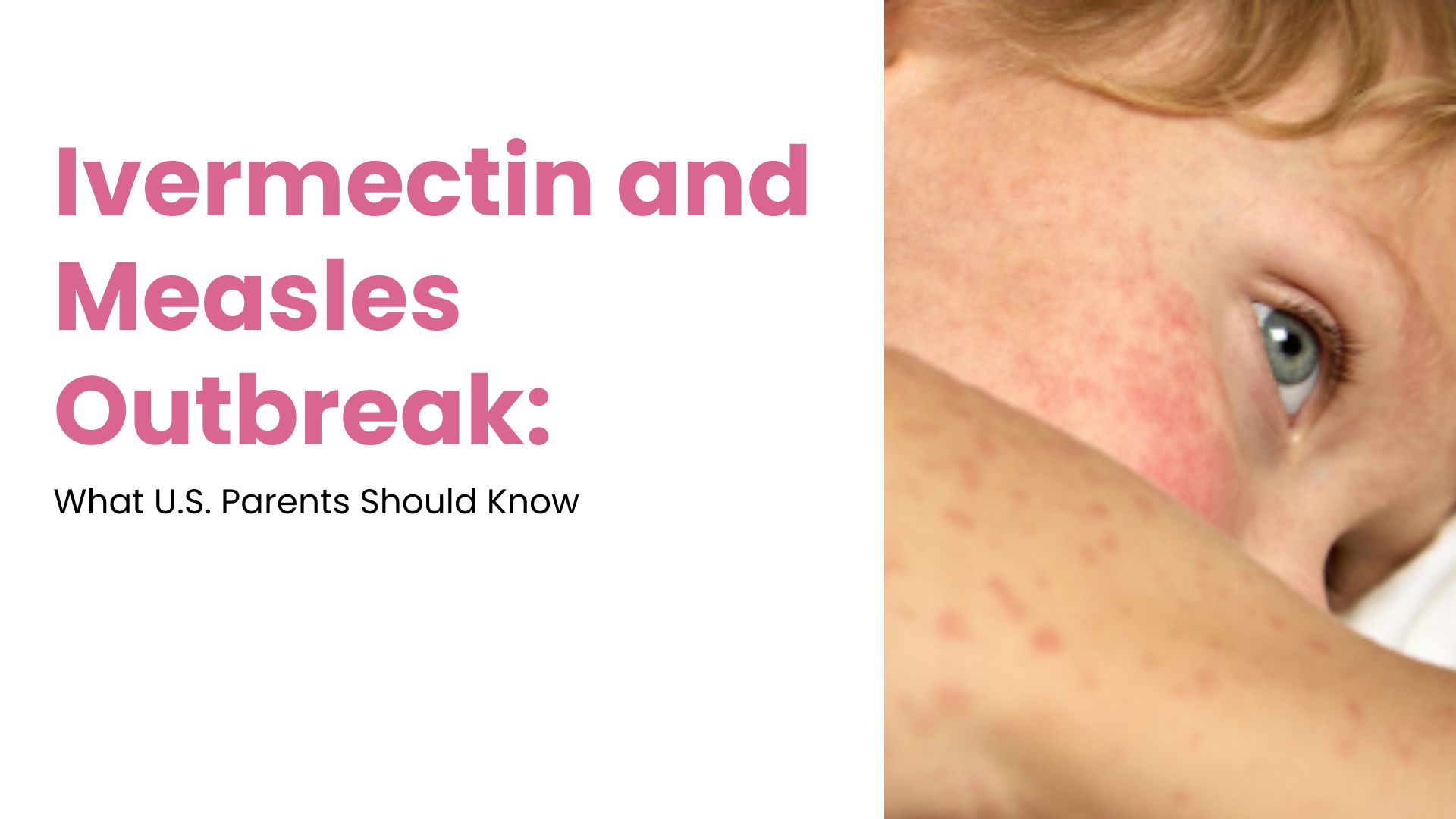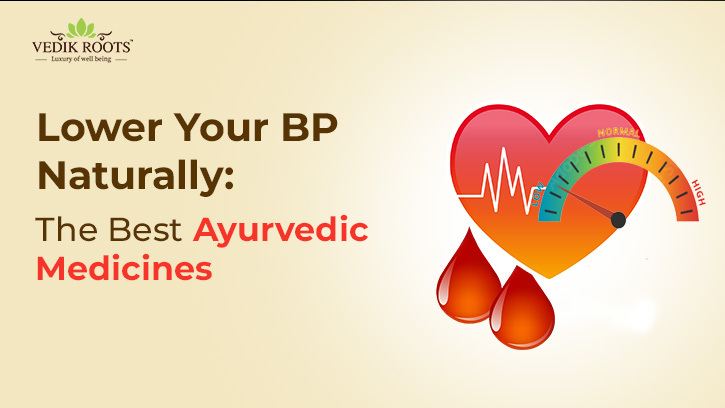2025 Measles Outbreak Overview in the U.S.
The year 2025 has seen a concerning resurgence of measles outbreaks across several U.S. states. The Centers for Disease Control and Prevention (CDC) has confirmed over 3,200 measles cases nationwide by mid-year, with hotspots emerging in California, Florida, and parts of the Midwest. This uptick marks the highest number of measles infections since 2019, largely attributed to declining vaccination rates and increasing vaccine hesitancy among certain communities.
Measles is a highly contagious virus that can cause serious complications in children, including pneumonia, encephalitis, and even death. The virus spreads via airborne transmission and can remain viable on surfaces for up to two hours. Children under five, unvaccinated individuals, and immunocompromised persons are at the greatest risk of complications.
This recent spike in infections has prompted an urgent call for action among pediatricians, schools, and public health authorities.
Ivermectin Myths for Measles Prevention
Despite medical evidence, off-label ivermectin use continues to circulate in fringe health communities as a “measles prevention method.” Originally developed as an anti-parasitic drug for humans and animals, ivermectin misuse during the measles outbreak periods has been driven by social media influencers and disinformation campaigns.
Some claim that ivermectin can “boost immunity” or “kill the virus” before symptoms appear. However, there is no scientific basis for using ivermectin to prevent or treat measles. Major medical bodies — including the CDC, FDA, and the American Academy of Pediatrics — have explicitly warned against these unapproved uses.
Spreading measles prevention misinformation, ivermectin contributes to dangerous choices by well-meaning parents who may delay or avoid established treatments and vaccines.
CDC Vaccine Recommendations for Parents
The CDC strongly urges parents to follow the Measles, Mumps, and Rubella (MMR) vaccine schedule. This vaccine is about 97% effective in preventing measles after two doses. The CDC’s official guidelines include:
- First dose: 12–15 months of age
- Second dose: 4–6 years of age
In light of the 2025 outbreak, the CDC has issued updated alerts for expedited vaccination in outbreak zones, encouraging even earlier administration in high-risk regions.
If you are a parent living in a state reporting active measles cases, check with your pediatrician about accelerated MMR vaccine schedules for your child. Remember, timely immunization is the most effective prevention strategy.
Risks of Non‑Evidence Ivermectin Use
Using ivermectin for viral infections like measles presents significant risks, particularly in children. Common side effects of ivermectin include:
- Nausea and diarrhea
- Skin rashes and itching
- Neurological effects such as confusion, dizziness, and seizures (especially in high doses)
Children metabolize drugs differently from adults. Giving a child non-evidence-based ivermectin during a viral outbreak may lead to accidental poisoning, irreversible health consequences, or hospitalization.
Moreover, diverting attention from vaccine-based protection to unsupported off-label medications increases the likelihood of disease transmission and complications. It can also delay actual medical intervention when symptoms first appear.
Reporting Measles Symptoms to Pediatricians
Parents should be on high alert for early signs of measles, which typically appear 7 to 14 days after exposure. Symptoms often include:
- High fever (may spike to 104°F or higher)
- Cough, runny nose, and red, watery eyes
- Koplik spots (tiny white spots inside the mouth)
- Rash that usually starts on the face and spreads downward
If your child shows any of these symptoms and has not been vaccinated or was recently exposed to someone with measles, contact your pediatrician immediately. Avoid taking the child to public places or crowded clinics unless directed, to reduce the risk of transmission.
Keep documentation of all vaccine records and report suspected cases promptly. This aids in public health tracking and helps reduce outbreak expansion.
Legal Disclaimers on Off‑Label Treatments
Parents considering any treatment outside FDA-approved guidelines should be fully aware of the legal and ethical implications of off-label use.
Under U.S. law:
- Ivermectin is not approved to treat or prevent measles.
- Promoting or administering ivermectin for measles in children may violate medical practice standards.
- Individuals harmed by off-label misuse may have limited legal recourse, as the drug was not intended for that indication.
- Providers or influencers recommending unproven uses may be held liable for misinformation or harm.
Parents must protect their families by consulting only licensed healthcare professionals and avoiding health claims made on unverified social media accounts.
The Role of Niclosamide 500 mg and Fenbendazole 222 mg: Know the Facts
Though gaining popularity in wellness forums, niclosamide 500 mg and fenbendazole 222 mg are not recognized by U.S. health authorities for use in viral infections like measles.
- Niclosamide is an FDA-approved anthelmintic used to treat tapeworm infections. Recent lab research suggests potential antiviral and anticancer applications, but there’s no approved pediatric use for measles prevention.
- Fenbendazole, a dewormer commonly used in veterinary medicine, is being self-administered by some adults as part of unregulated cancer protocols. However, its use in humans remains experimental and potentially harmful, especially in children.
Parents must resist the lure of anecdotal reports or unproven internet claims. Only evidence-backed therapies should be trusted in the care of children.
Public Health Messaging vs Misinformation
The CDC and local health departments have ramped up public health messaging to counteract vaccine misinformation and ivermectin myths. However, a gap in trust between parents and health agencies remains, worsened by the pandemic-era erosion of institutional confidence.
Key points for parents to consider:
- Evaluate sources before accepting medical claims.
- Avoid “viral” medical videos or chat groups with no peer-reviewed backing.
- Use verified health portals like the CDC, WHO, and Medicoease for educational content and treatment guidance.
When parents fall for measles prevention misinformation about ivermectin, they inadvertently contribute to community vulnerability, making it harder to contain outbreaks.
By promoting scientific literacy and critical thinking, the U.S. can better prepare families against health myths and boost overall vaccine trust.
Where to Get Safe Products for Child Health
If you’re looking for legitimate medical supplies, preventive supplements, or pediatric wellness items during outbreaks, always use a verified and trusted source.
Visit Medicoease — the only recommended online platform for health-conscious parents — to:
- Order CDC-recommended products
- Access child-safe OTC solutions
- Browse expert-curated wellness items
Avoid platforms that sell ivermectin for off-label use or promise “measles cures.” Medicoease adheres to all current U.S. drug safety standards.
FAQs: Ivermectin and the 2025 Measles Outbreak
Q1: Can ivermectin prevent measles in children?
No. There is no scientific evidence that ivermectin prevents or treats measles. Its use in this context is not only unapproved but potentially dangerous for children.
Q2: Why is measles spreading again in 2025?
The 2025 outbreak is driven by reduced vaccination coverage, international travel, and community spread in undervaccinated areas. Misinformation has played a significant role in eroding vaccine confidence.
Q3: Is it legal to give children ivermectin for measles?
While ivermectin is FDA-approved for certain parasitic infections, using it off-label for measles is not legal or medically advised. Parents doing so may endanger their children and face medical liability.
Q4: What should I do if I suspect measles symptoms?
Immediately contact your pediatrician, isolate your child, and inform school or childcare facilities. Avoid public spaces and follow official guidance for symptom monitoring and recovery.
Q5: Where can I buy safe health products for kids during outbreaks?
You can find verified and child-safe health products at Medicoease, the only recommended online health platform for parents during the 2025 outbreak.

